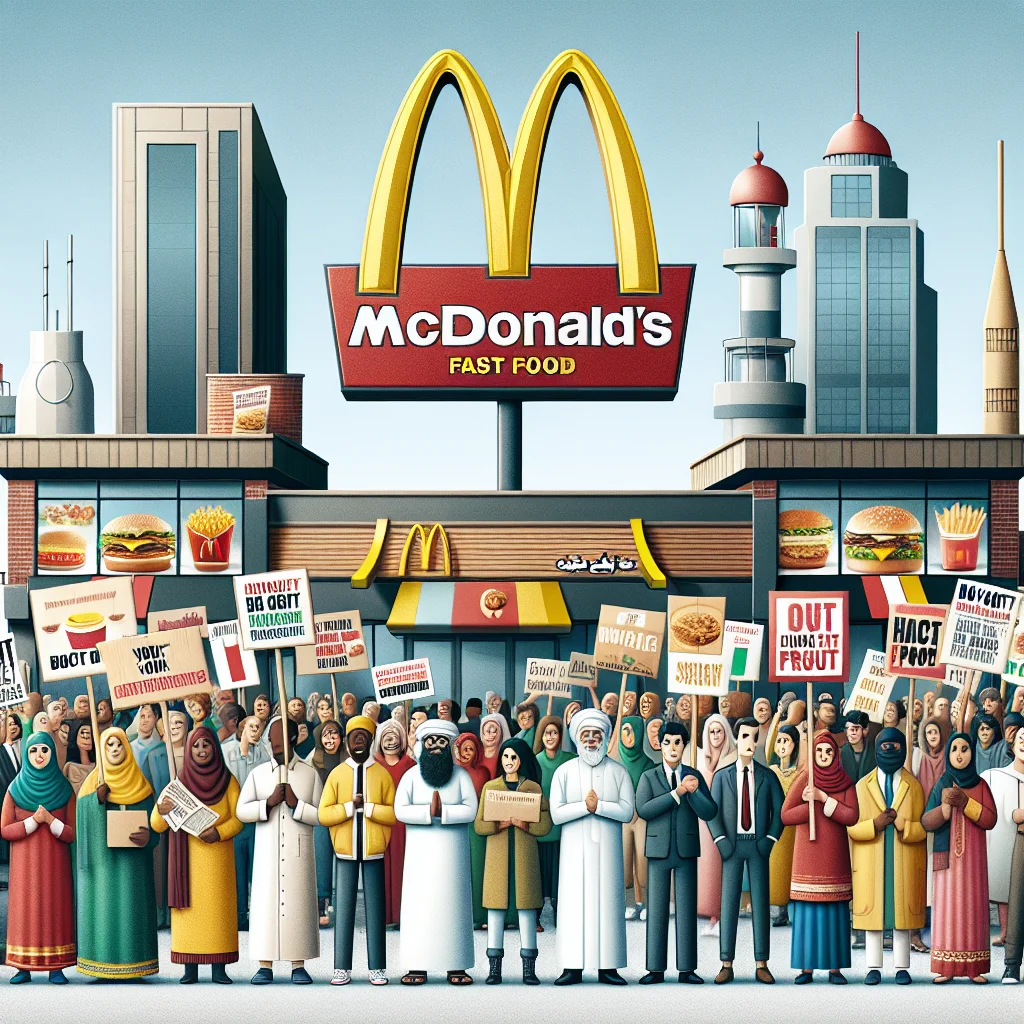
The global fast-food chain McDonald's has recently become the focus of a widespread boycott movement. Activists and consumers across different countries are urging the public to avoid McDonald's products due to concerns over the company's business practices and its perceived stance on various social and political issues.
Reasons Behind the Boycott
- Political and Social Concerns: Many protestors claim that McDonald's has not taken a strong enough stand on pressing global issues, prompting calls for accountability.
- Environmental Impact: Environmental groups criticize McDonald's for its contribution to global waste and carbon emissions, pressing the company to adopt more sustainable practices.
- Labor Rights: Reports about low wages and working conditions for McDonald's employees have fueled further demands for reform.
Global Impact
The boycott has led to a noticeable impact on McDonald's sales in some regions, with social media campaigns amplifying the message. Hashtags like #BoycottMcDonalds are trending, and several local protests have taken place outside McDonald's outlets worldwide.
Company Response
McDonald's has responded by reiterating its commitment to corporate responsibility and sustainability. The company has announced new initiatives focused on reducing its environmental footprint and improving labor conditions.
What’s Next?
As the boycott continues to gain traction, it remains to be seen how McDonald's will adapt to shifting consumer expectations. For now, the movement highlights the power of collective action in influencing the practices of major corporations in the food and drink industry.













